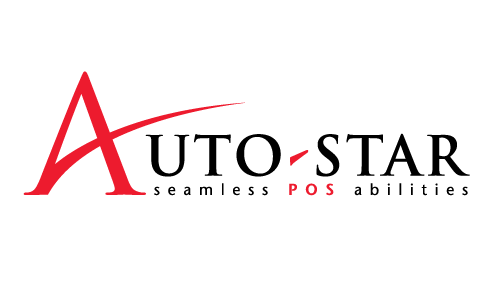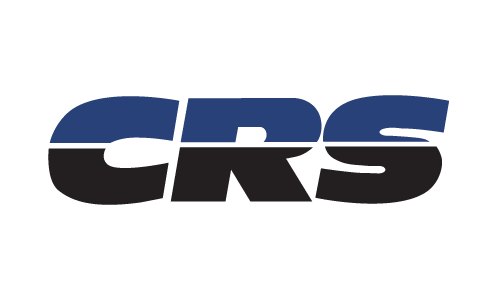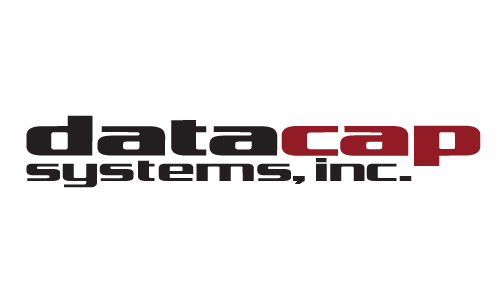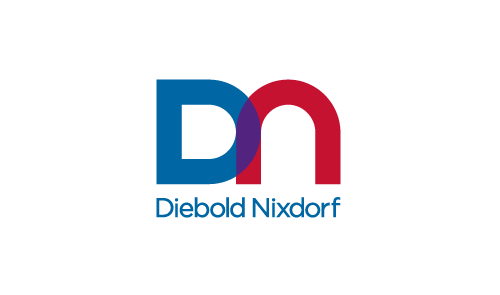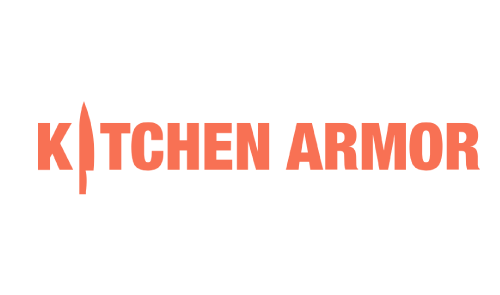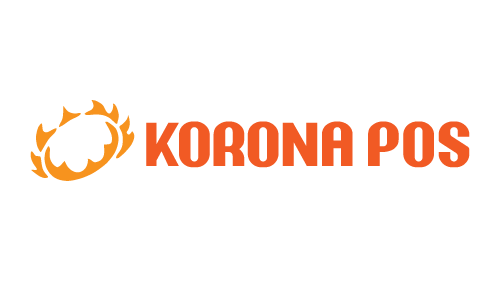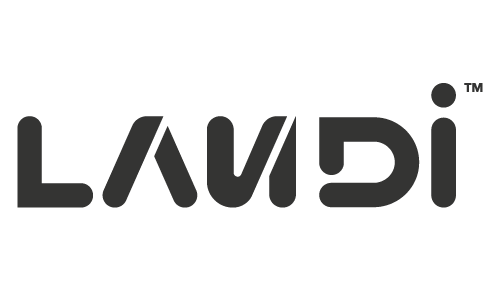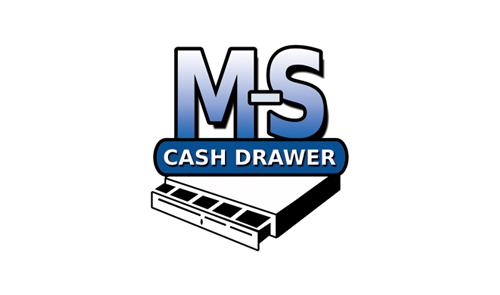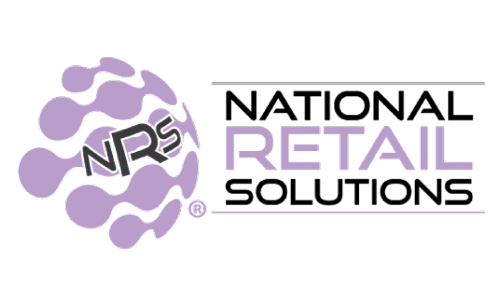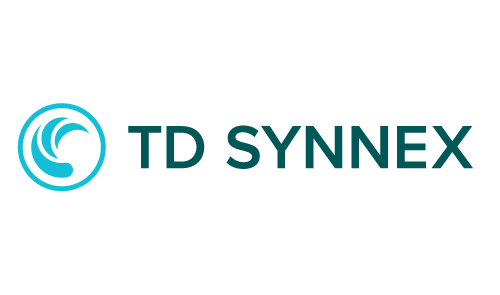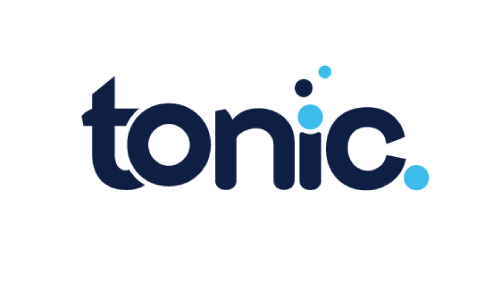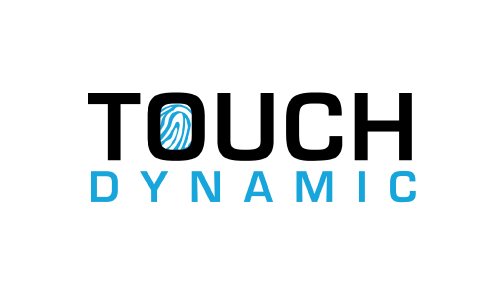
-
Product not yet rated
A decision-making meeting is a discussion that aims to find the best solution to a problem. The goal of the meeting is to bring people together to reach an agreement or to come to a consensus around a decision that needs to be made. Often, these meetings follow the structure of a problem-solving meeting. If you haven't watched the video on Problem-Solving meetings, you might want to check that one out first. But during a decision-making meeting, you aim to leave with concrete action steps and deliverables. In this course, we'll talk through some tips to running a decision-making meeting in a way that gets your people on board.
A decision-making meeting is a discussion that aims to find the best solution to a problem. The goal of the meeting is to bring people together to reach an agreement or to come to a consensus around a decision that needs to be made. Often, these meetings follow the structure of a problem-solving meeting. If you haven't watched the video on Problem-Solving meetings, you might want to check that one out first. But during a decision-making meeting, you aim to leave with concrete action steps and deliverables. In this course, we'll talk through some tips to running a decision-making meeting in a way that gets your people on board.
-
Register
- Basic - Free!
- Select - Free!
- All Access - Free!
- More Information
-
Register
-
Product not yet rated
Informational meetings typically includes a facilitator who delivers a presentation while the rest of the audience listens and observes. Despite the boring reputation, informational meetings are essential in exchanging knowledge and information between departments and across an organization. So how can meeting facilitators effectively deliver information to a lot of people within a relatively short timeframe? This course gives the learner tips on delivering effective and engaging informational meetings.
Informational meetings typically includes a facilitator who delivers a presentation while the rest of the audience listens and observes. Despite the boring reputation, informational meetings are essential in exchanging knowledge and information between departments and across an organization. So how can meeting facilitators effectively deliver information to a lot of people within a relatively short timeframe? This program gives viewers tips on delivering effective and engaging informational meetings.
-
Register
- Basic - Free!
- Select - Free!
- All Access - Free!
- More Information
-
Register
-
Product not yet rated
This learning package will identify effective strategies for leaders when managing each typr of DISC style. The goal is for leaders to understand how they can adapt their leadership style when working with each type of employee to obtain maximum results.
This learning package will identify effective strategies for leaders when managing each typr of DISC style. The goal is for leaders to understand how they can adapt their leadership style when working with each type of employee to obtain maximum results.
-
Register
- Basic - Free!
- Select - Free!
- All Access - Free!
- More Information
-
Register
-
Product not yet rated
In this course, we'll discuss the basic C characteristics and what you can expect in managing a High C. We'll also go over how to lead them, so that you're getting the most out of your C team members.
In this course, we'll discuss the basic C characteristics and what you can expect in managing a High C. We'll also go over how to lead them, so that you're getting the most out of your C team members. The goal of this program is to help you modify your style so you can lead a High C person successfully. Notice we say to modify YOUR style. You're not going to be able to get them to change. You have to change to lead them.
-
Register
- Basic - Free!
- Select - Free!
- All Access - Free!
- More Information
-
Register
-
Product not yet rated
In this course, we'll discuss the basic S characteristics and what you can expect in managing a High S. We'll also go over how to lead them, so that you're getting the most out of your S team members.
In this course, we'll discuss the basic S characteristics and what you can expect in managing a High S. We'll also go over how to lead them, so that you're getting the most out of your S team members. The goal of this program is to help you modify your style so you can lead a High S person successfully. Notice that we say to modify YOUR style. You're not going to be able to get them to change. You have to change to lead them.
-
Register
- Basic - Free!
- Select - Free!
- All Access - Free!
- More Information
-
Register
-
Product not yet rated
In this course, we'll discuss the basic I characteristics and what you can expect in managing a High I. We'll also go over how to lead them, so that you're getting the most ut of your I team members.
In this course, we'll discuss the basic I characteristics and what you can expect in managing a High I. We'll also go over how to lead them, so that you're getting the most ut of your I team members. The goal of this program is to help you modify your style so you can lead a High I person successfully. Notice we say to modify YOUR style. You're not going to be able to get them to change. You have to change to lead them.
-
Register
- Basic - Free!
- Select - Free!
- All Access - Free!
- More Information
-
Register
-
Product not yet rated
In this course, we'll discuss the basic D characteristics and what you can expect in managing a High D. We'll also go over how to lead them, so that you're getting the most out of your D team members.
In this course, we'll discuss the basic D characteristics and what you can expect in managing a High D. We'll also go over how to lead them, so that you're getting the most out of your D team members. The goal of this program is to help you modify your style so you can lead a High D person successfully. Notice that we say to modify YOUR style. You're not going to be able to get them to change. You have to change to lead them.
-
Register
- Basic - Free!
- Select - Free!
- All Access - Free!
- More Information
-
Register
-
Product not yet rated
Now that you have a basic understanding of DISC and the different personality styles, we want to take a more in-depth look at each specific style, so we've created a separate program for each DISC type. This course will discuss the High C's and cover their strengths, weaknesses, fears, and needs. We recommend that you start with your dominant style. Then view the remaining three programs to help you understand how each type works and how to work with each type.
Now that you have a basic understanding of DISC and the different personality styles, we want to take a more in-depth look at each specific style, so we've created a separate program for each DISC type. This course will discuss the High C's and cover their strengths, weaknesses, fears, and needs. We recommend that you start with your dominant style. Then view the remaining three programs to help you understand how each type works and how to work with each type.
-
Register
- Basic - Free!
- Select - Free!
- All Access - Free!
- More Information
-
Register
-
Product not yet rated
Now that you have a basic understanding of DISC and the different personality styles, we want to take a more in-depth look at each specific style, so we've created a separate program for each DISC type. This course will discuss the High I's and cover their strengths, weaknesses, fears, and needs. We recommend that you start with your dominant style. Then view the remaining three programs to help you understand how each type works and how to work with each type.
Now that you have a basic understanding of DISC and the different personality styles, we want to take a more in-depth look at each specific style, so we've created a separate program for each DISC type. This course will discuss the High I's and cover their strengths, weaknesses, fears, and needs. We recommend that you start with your dominant style. Then view the remaining three programs to help you understand how each type works and how to work with each type.
-
Register
- Basic - Free!
- Select - Free!
- All Access - Free!
- More Information
-
Register
-
Everyone is different, which can make it difficult for us to interact with each other. What is it that makes people different? What is it about an irritating coworker that makes him or her irritating to you? By looking into DISC personality types, we can recognize our own tendencies, so that we can better recognize tendencies in others. Having this information will help you strengthen relationships and become a better employee, manager, friend, spouse, parent, etc.
Everyone is different, which can make it difficult for us to interact with each other. What is it that makes people different? What is it about an irritating coworker that makes him or her irritating to you? By looking into DISC personality types, we can recognize our own tendencies, so that we can better recognize tendencies in others. Having this information will help you strengthen relationships and become a better employee, manager, friend, spouse, parent, etc.
-
Register
- Basic - Free!
- Select - Free!
- All Access - Free!
- More Information
-
Register
| Access Date | Quiz Result | Score | Actions |
|---|
Search
RSPA Gold Sponsors


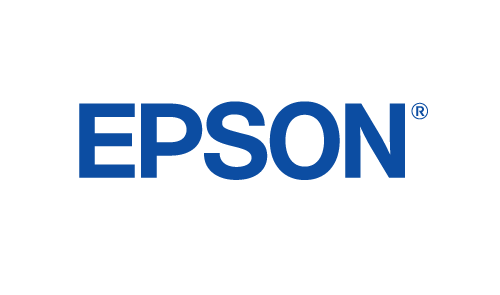

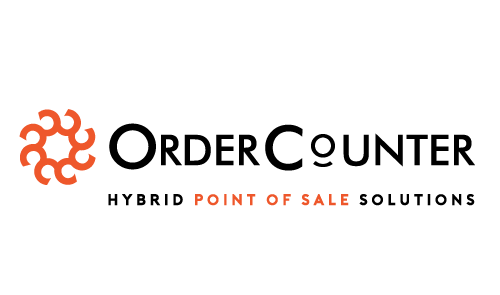
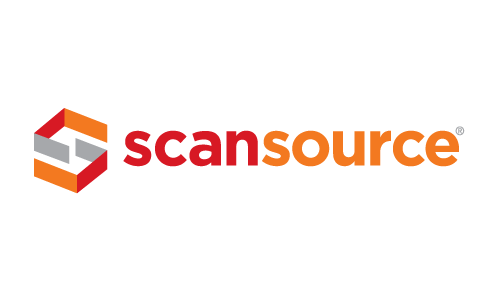
RSPA Silver Sponsors
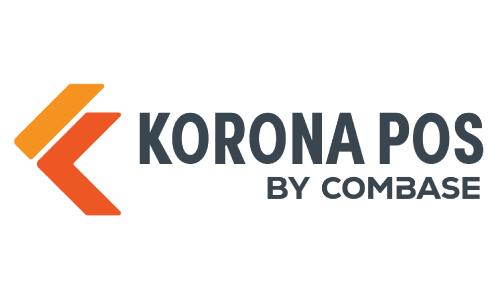
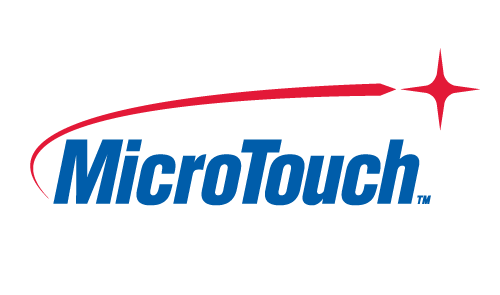

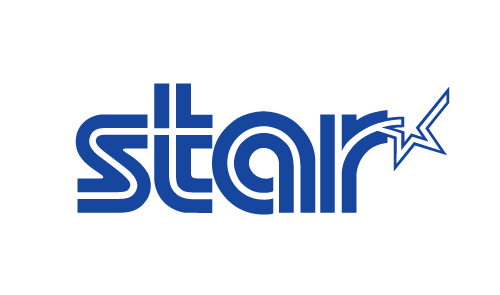
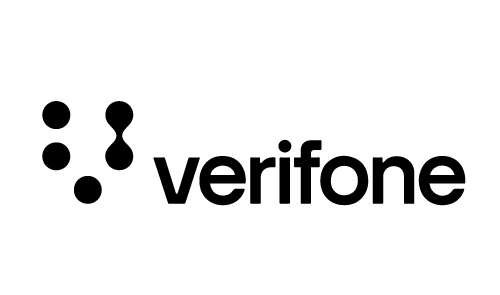
RSPA Bronze Sponsors
